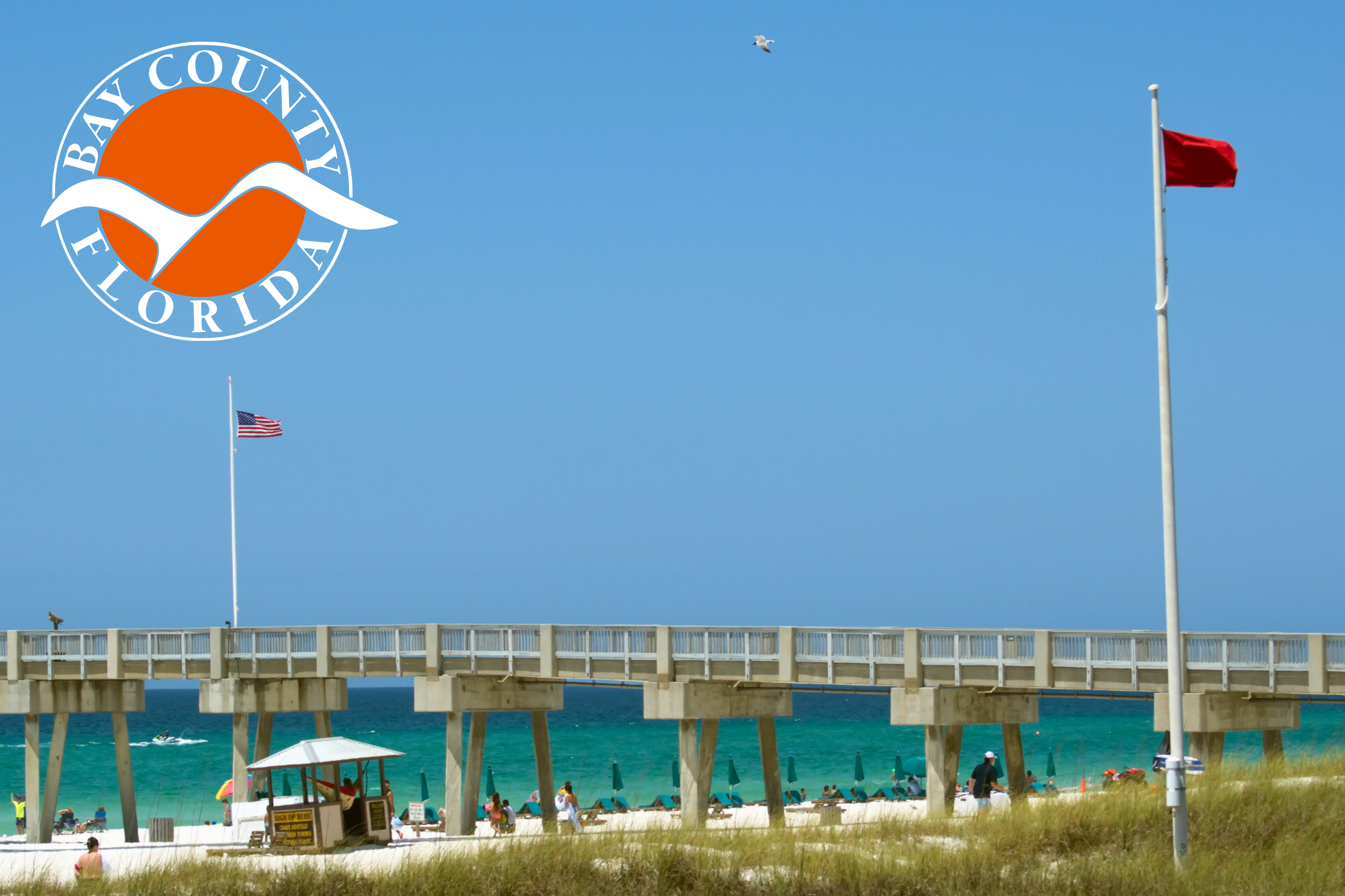Bay County Commissioners are headed to the Florida Association of Counties conference with a little problem in their carry-on: millions in so-called “surplus” building fees that, by law, they’re supposed to refund. Instead, they’re trying to wish the whole thing away.
Here’s the hitch. Florida Statute 553.80 isn’t subtle. It says building permit and inspection fees can’t be padded to turn a profit. They’re supposed to cover the actual cost of enforcing the building code. Nothing more. Nothing less. If counties collect too much, they either roll a limited amount forward to cover future costs or they refund the excess. Pretty straightforward.
But Bay County’s interpretation seems to be: “Thanks for the cash, citizens, we’ll hang on to it.”
The statute even includes a bright-line test. Counties can’t carry forward more than the average of their last four years of building code enforcement budgets. Anything above that is supposed to go back to the people who paid it — builders, homeowners, business owners. In other words, the folks who thought they were paying a fee for service, not donating to Bay County’s general slush fund.
And yet, Bay County is signaling it has no intention of writing refund checks. That’s not just bad optics, it’s potentially illegal. Attorney General opinions have long warned that when governments collect more than the actual cost of regulation, those “fees” start looking a lot like unauthorized taxes. And last we checked, counties don’t get to levy their own surprise taxes on construction projects.
So why is Bay County digging in? According to minutes and chatter around the FAC meeting, the surplus is being rebranded as a “reserve” — a rainy-day fund for future code costs. Never mind that state law already defined how big that reserve can be. It’s a little like trying to claim your kitchen junk drawer as a retirement plan.
The scale of the numbers matters here. Bay County’s 2022-23 Building Permit and Inspection Utilization Report (required by law to be posted online) shows collections far outpacing expenditures. The statute requires the report to include revenues, permit volumes, inspections, and costs — a transparency measure meant to prevent exactly this kind of gamesmanship. But transparency is useless if officials look right past the black-and-white rule: surplus beyond the cap has to be refunded.
This is more than a bookkeeping squabble. Builders and homeowners are already paying some of the highest input costs in memory — materials, labor, insurance. Now they find out Bay County may be pocketing fees in excess of actual costs. The law says those fees belong back in the wallets of the people who paid them.
If Bay County thinks it can out-lawyer the statute, it should brace for pushback. Other counties have been down this road before, and the pattern is clear: the longer you hold onto surplus fees, the worse the headlines and the higher the risk of legal challenge.
The kicker? All of this is playing out while county leaders beg for more trust from taxpayers and the Legislature. Nothing erodes credibility faster than ignoring the plain text of the law because it’s inconvenient.
Bay County can fix this two ways:
- Adjust fees downward so collections match costs.
- Refund the surplus as the statute requires.
What it can’t do — legally or ethically — is rebrand illegal surplus as “savings” and hope nobody notices. Spoiler alert: people are noticing.
So, the question heading into the FAC conference isn’t whether Bay County officials will discuss surplus fees. It’s whether they’ll follow the law or keep pretending the rules don’t apply to them.
